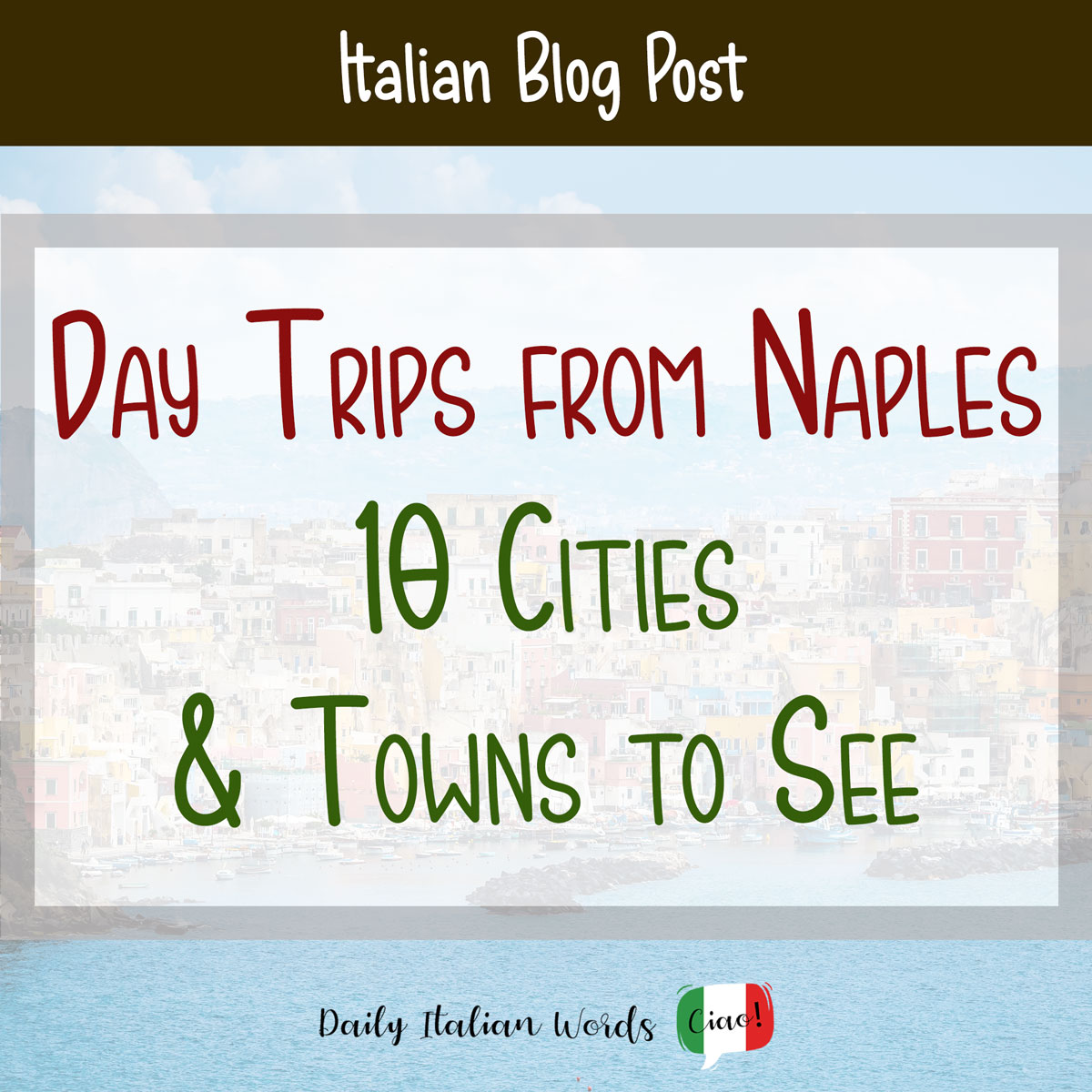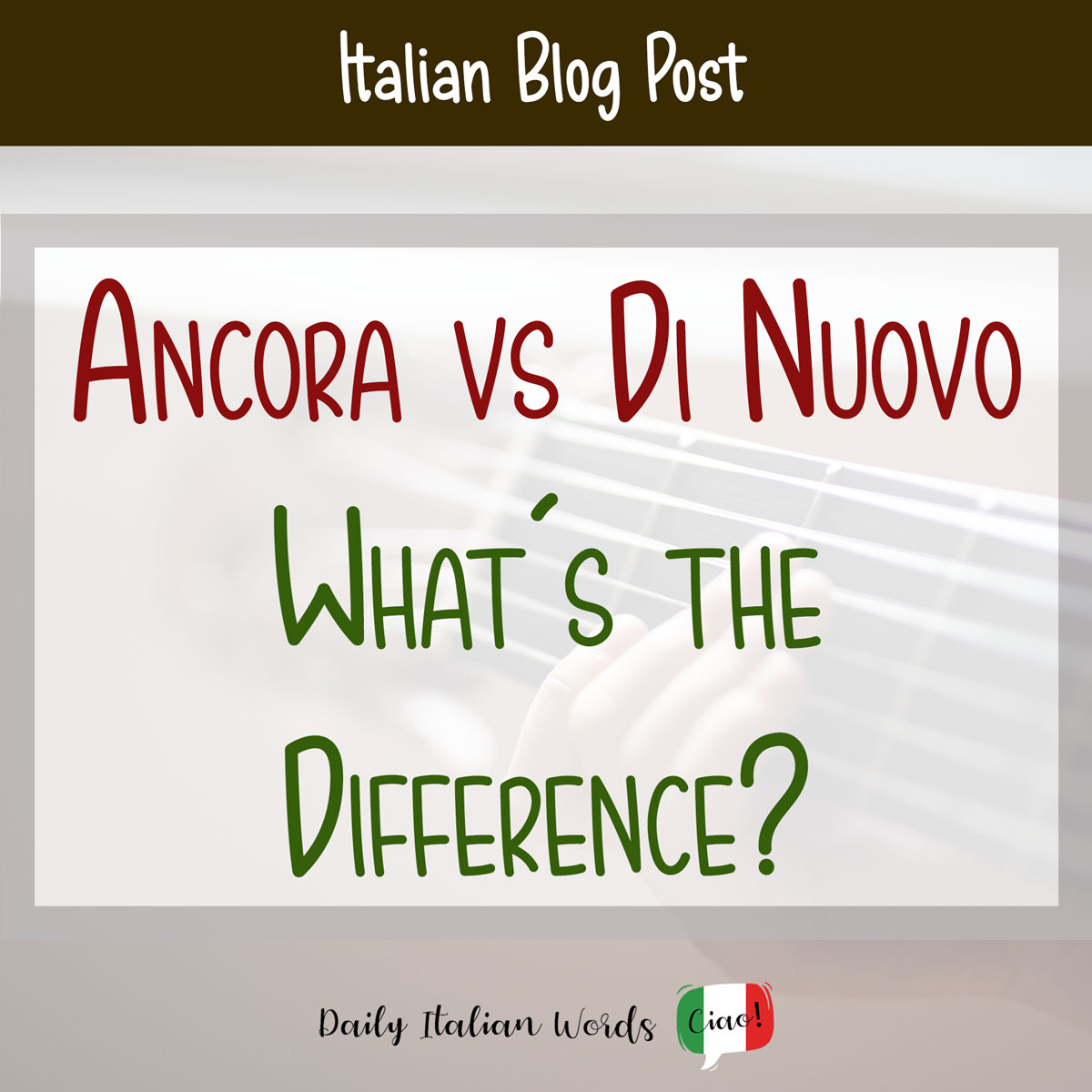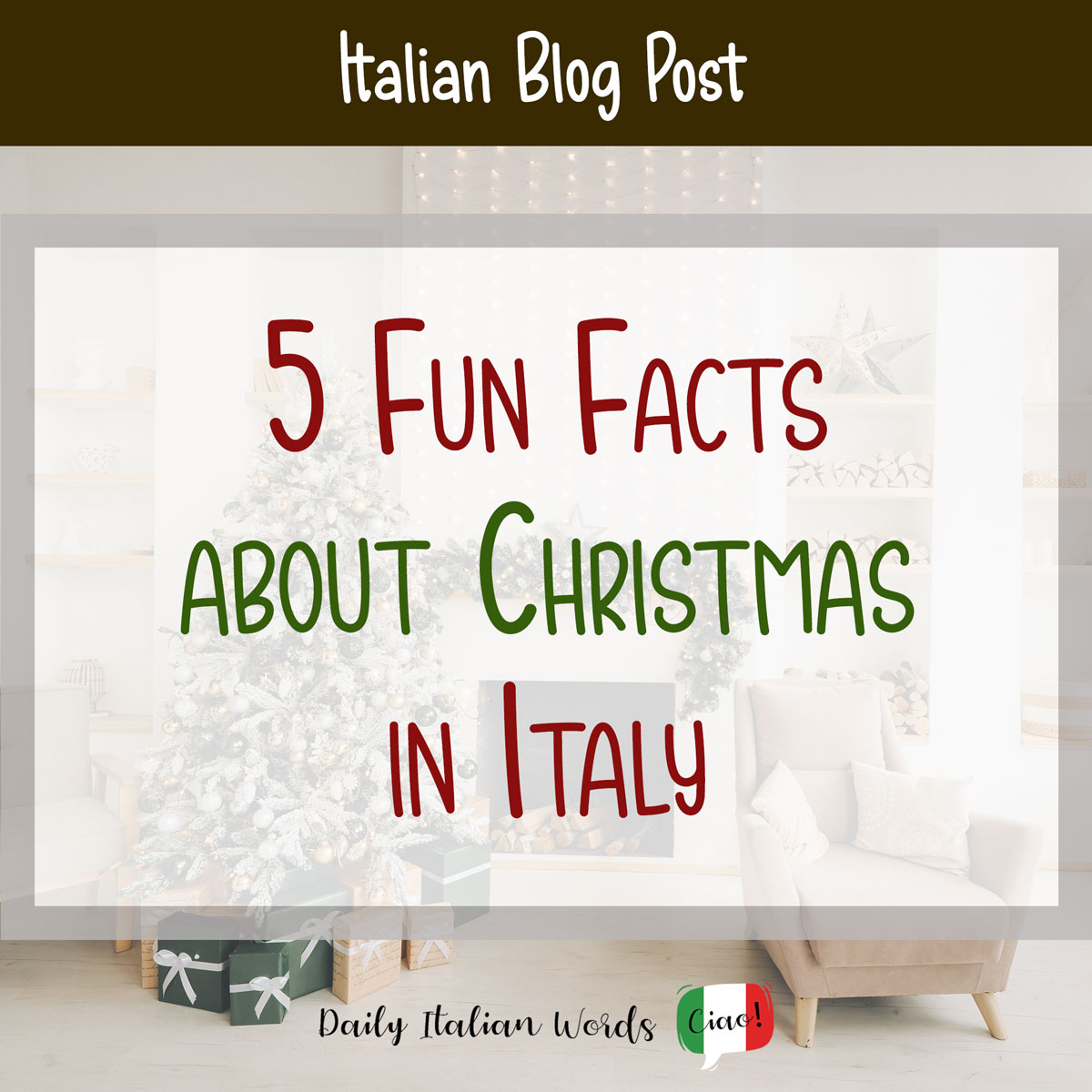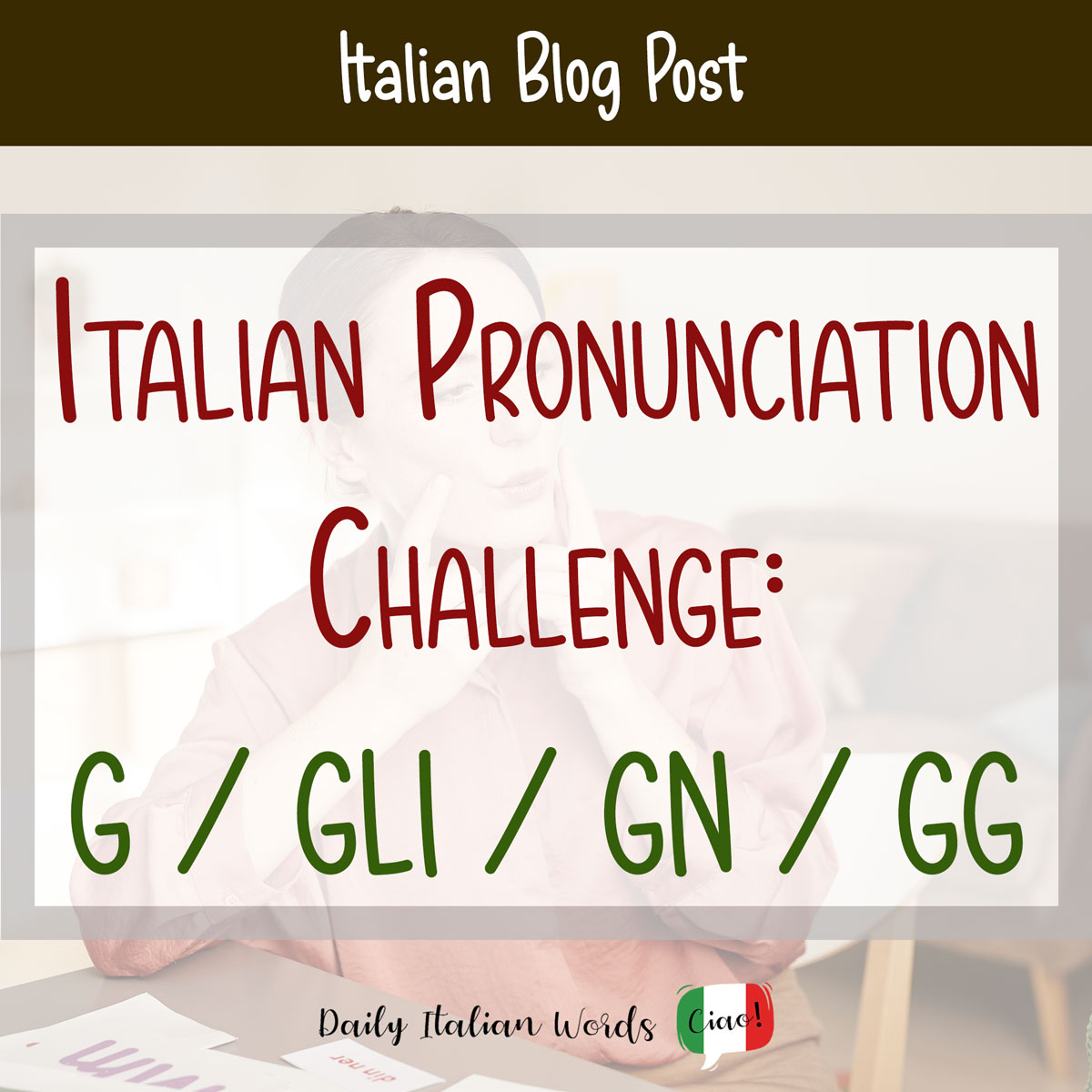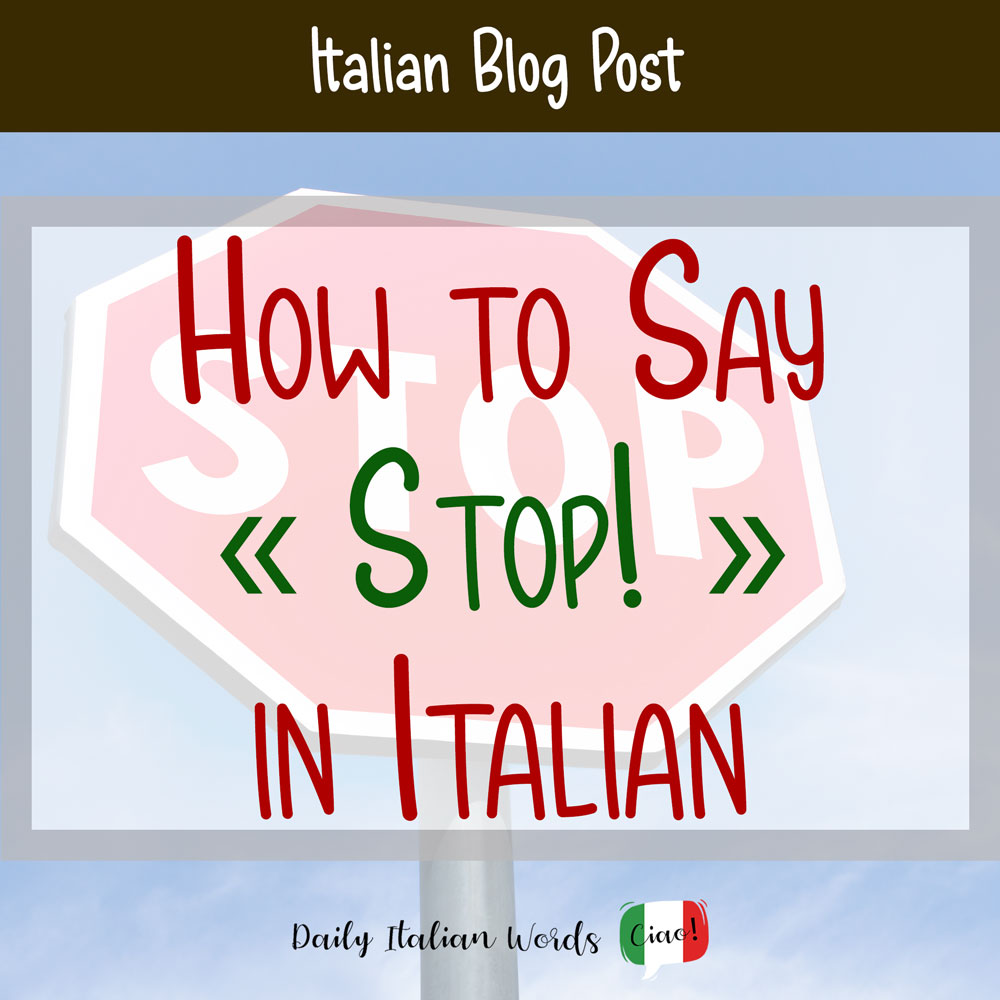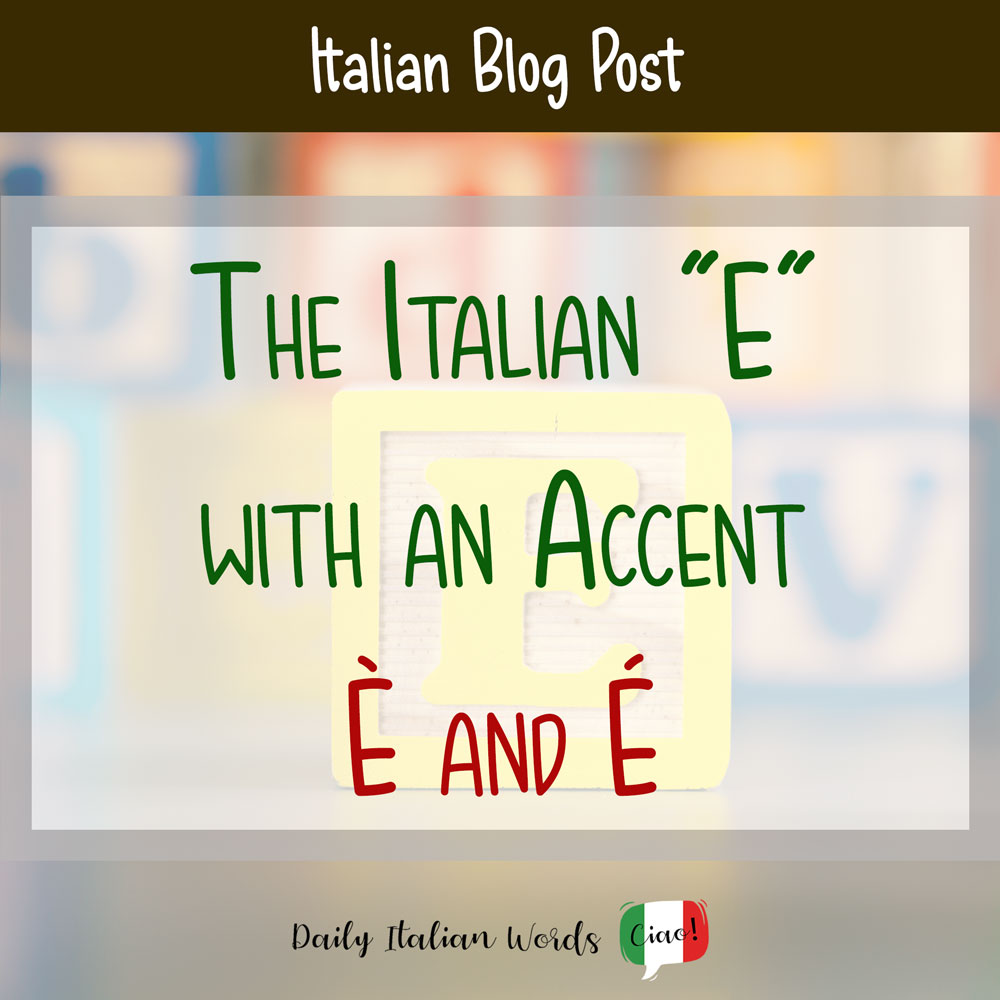The Best Day Trips from Naples: 10 Cities & Towns to See
Naples is one of the most incredible cities in Italy, but oh man, can it be overwhelming at times. Fortunately, there are many beautiful places that can easily be visited as day trips from Naples. From coastal beauties to lesser-known museums, all of them are great destinations to get away from the city and see …

